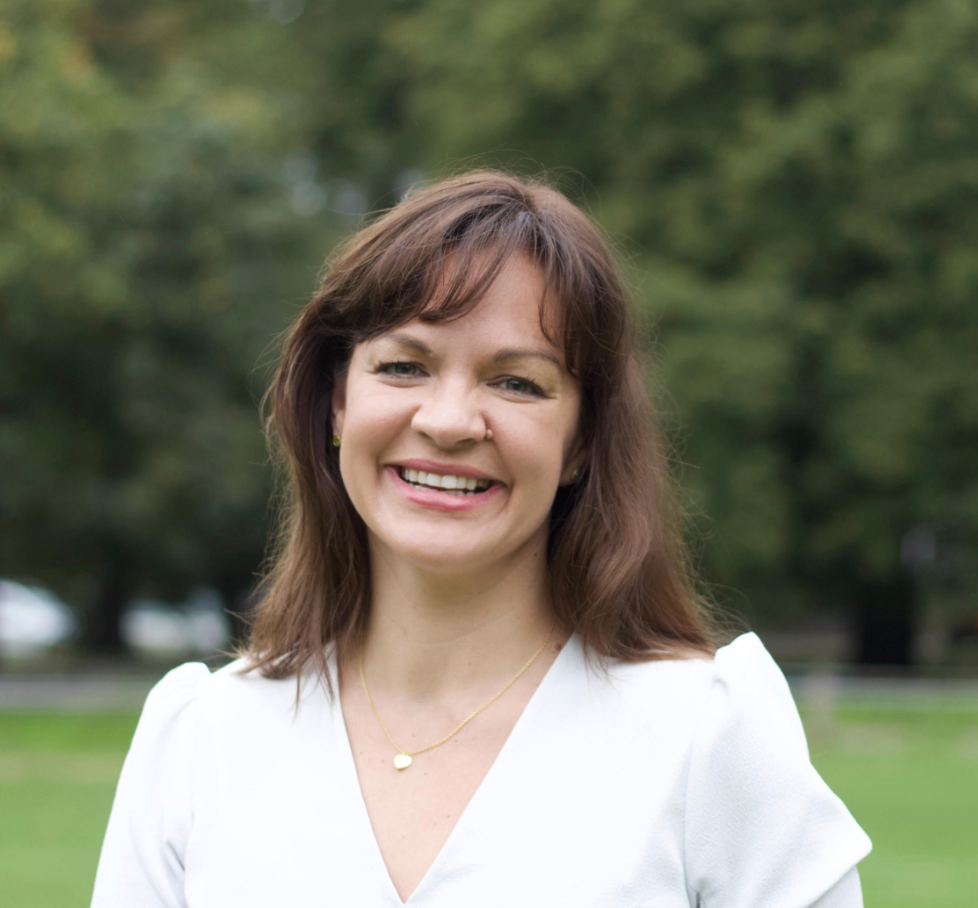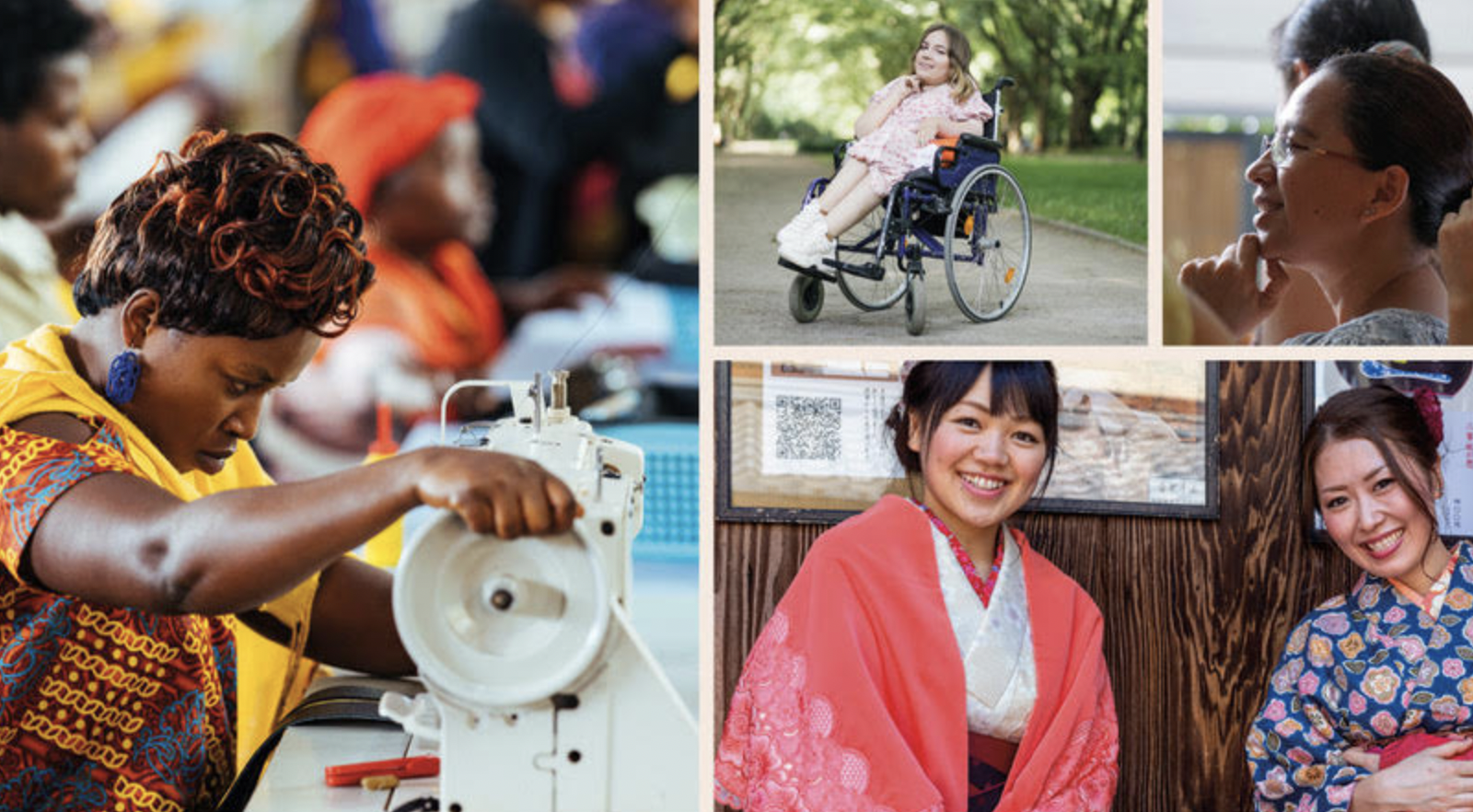Women, especially those from marginalized communities, bear the brunt of many of our world’s greatest challenges. These stressors often contribute to vicious cycles that hinder women from changing her circumstances and impact her mental health. Within current approaches to women’s empowerment mental health does not have a clear role. Until now.
New research released today by Prospira Global with Kate Spade New York shows that good mental health is foundational to women’s empowerment. In fact, empowerment is not possible without good mental health, and good mental health is difficult to achieve without empowerment.
Results from a survey of global gender-focused organizations and practitioners show that 97% of gender practitioners agree that investing in mental health enables sustainable empowerment of women.
Organizations including Abahizi CBC in Rwanda, the Lower Eastside Girls Club in New York, and Rising Tides Capital (all supported by Kate Spade New York and its Foundation) clearly demonstrate the benefit of integrating mental health support into empowerment programmes, and provide practical tips for those wondering where to start.
Globally, the majority of organizations focused on women and girl’s empowerment surveyed are already undertaking mental health work, even if they don’t have funding. It is clear these organizations are responding to the growing need.
It’s time for funders to catch up with the stress, trauma and burnout being experienced by women worldwide and the impact this is having on both the lives of women and girls and our ability to achieve the sustainable development goals.
Of the $323 billion spent on foreign aid in 2020 (the last available figures), $13 billion went to gender as a primary focus and $210 million (less than 1%), was invested in mental health. The amount dedicated to the intersection of mental health and women’s empowerment will be a tiny fraction of this already small amount.
The research also finds that the current mental health work of gender empowerment organisations tends to focus on promotion and awareness raising, and much more support is needed to provide access to affordable, accessible, culturally competent and appropriate care. This is true globally, with the largest gaps in low and middle income countries. When it comes to mental health, as Professor Shekhar Saxena says, “all countries are developing countries”.
An element of the research that funders must not ignore is that individual practitioners in the gender empowerment community are reporting higher rates of stress and burnout when compared to the Deloitte 2023 Women at Work report. And they are also far less likely to have access to mental health support at work.
At Prospira Global we talk daily to companies eager to get involved in mental health as it is the issue being raised by their teams, families, clients and customers. Our message is always, the mental health community and experts knows what works, now is the time to support their action with investment. Not did 97% of people surveyed agree that good mental health is her right, which should be enough. In addition, it is now clear that if we can increase investment in mental health for women we too can accelerate empowerment for women and girls worldwide. It is now time to be united in action, and we all have a part to play.


